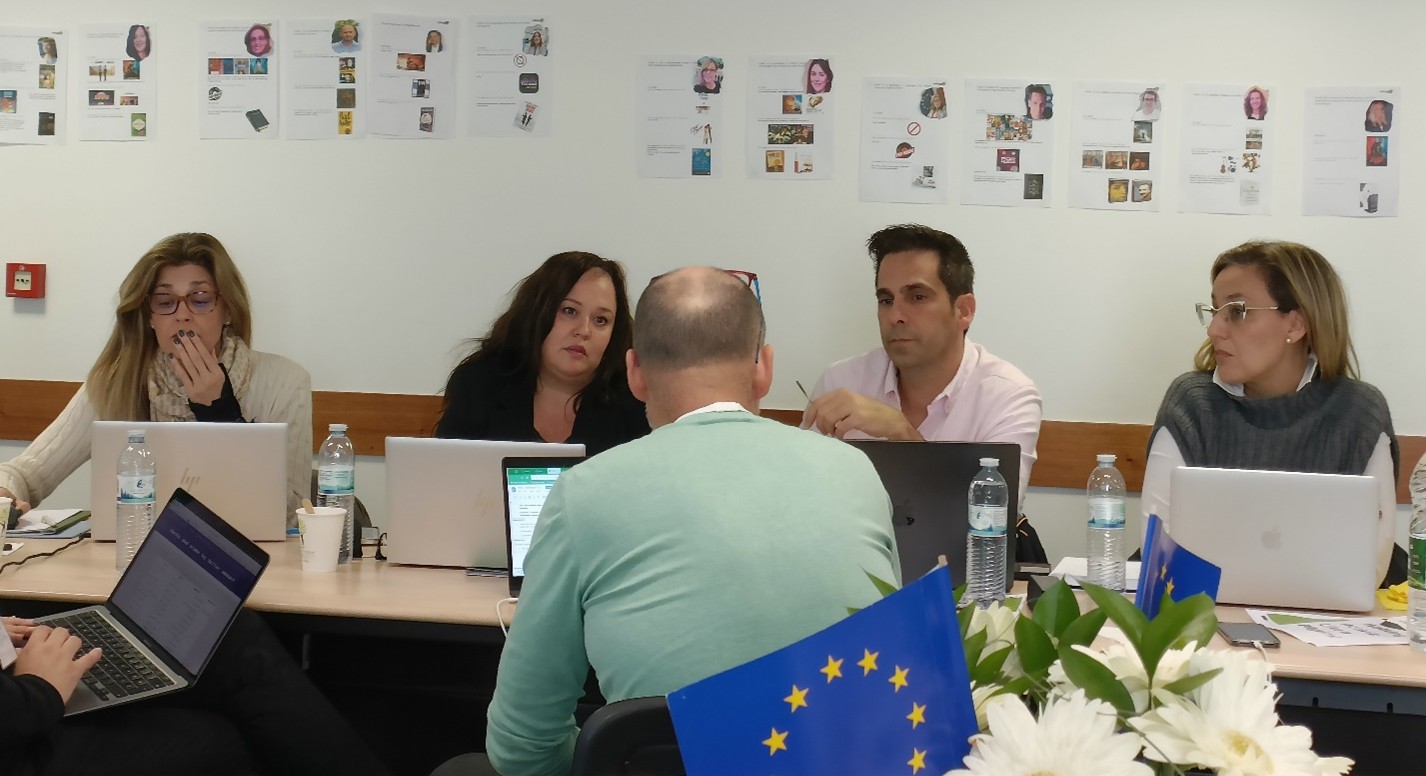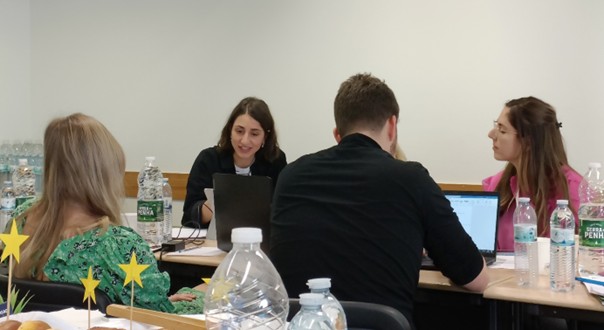This website use cookies to ensure you get the best experience on our website
ContinueUP Development Diary #5 – Introducing the Initial Teacher Education Module
ContinueUP Development Diary is a series of articles updating initial teacher educators (ITE), continuous professional development (CPD) trainers, as well as teachers about the progress made in the development of the ContinueUP project; In this series we explain the challenges encountered and how we addressed them, evaluating the complex process of co-creation that involves ITE and CPD providers from three countries.

Polishing the ITE Module before its launch
In this fifth instalment of the ContinueUP Development Diary, we look at the content of the Initial Teacher Education (ITE) Module which is going through finishing touches before its launch in the end of October.
The teacher as a lifelong learner
The field of education is continuously evolving due to advancements in research, technology, and methodologies. Concurrently, students' needs are shifting, necessitating skills that emphasize adaptability and flexibility. To address these evolving demands, it is crucial for educators to embrace a lifelong learning mindset from the outset of their training. They should familiarise themselves with strategies and tools for self-reflection, and actively seek resources and peer support to enhance their practice. Research on growth mindset underscores that educators benefit from self-reflection to improve their teaching effectiveness.
The Initial Teacher Education (ITE) Module, therefore, reinforces the concept of “teacher as a lifelong learner”. It encourages prospective teachers to reflect on their roles and future careers while engaging with digital tools and online platforms to plan their professional development. This approach aims to cultivate the professional engagement skills of student teachers, as outlined in the DigCompEdu framework. The professional engagement domain in DigCompEdu is particularly relevant as it encompasses various aspects of professional development through digital tools, such as accessing digital learning opportunities, collaborating online, managing organisational communication, and engaging in self-reflection. Additionally, it offers a common language that facilitates alignment with other professional development initiatives across Europe.
The Module focuses on three main themes:
Ethical and safety measures in online learning environments
The module will concentrate on the utilization of online learning environments, emphasizing the associated safety and ethical considerations, as these elements significantly influence teaching and learning. Both teachers and their schools generate digital footprints that can affect their reputations. Consequently, it is crucial for educators to understand the potential risks within digital environments, both for themselves and their students, and to adopt strategies for mitigating these risks. Additionally, the module will address the importance of establishing a professional digital profile to enhance opportunities for collaboration and professional development.
Professional digital communication and collaboration
Online platforms present valuable opportunities for collaboration across schools and even countries. To leverage these opportunities, the module will focus on good practices for effective online communication and negotiation. Students will participate in virtual meetings with peers from Croatia, Portugal, and Spain, where they will have the chance to interview one another and exchange experiences. The module will include both local and international discussion groups addressing various aspects of online collaboration tools. Topics will encompass communication among diverse stakeholders (such as school leaders, parents, students, and teachers), considerations for creating and using online platforms, and available tools for professional collaboration.
Self- and peer reflection in digital learning
Central to professional development is the practice of self-reflection and peer reflection. This module will introduce participants to various models and techniques of reflective practice. Participants will explore a range of reflection tools, including peer observation, online diaries, digital reflection apps, and self-assessment tools like the SELFIEforTEACHERS. The module will also present hypothetical scenarios illustrating common challenges, such as resistance to new practices, accessibility of digital resources, and digital ethics. Student teachers will engage in reflective exercises, consider different perspectives from various stakeholders, and collaborate in groups to develop potential strategies for addressing each challenge.

Looking ahead
The module will integrate key components by guiding student teachers in creating a comprehensive action plan. Participants will explore various assessment templates, learn to maintain a reflective learning diary, and conduct a SWOT analysis. They will evaluate their professional needs and identify opportunities for their growth as educators. Additionally, they will assess the risks and benefits of using digital tools to enhance their professional engagement.
By the end of the course, student teachers will have developed a toolkit for self-reflection and professional collaboration, becoming proficient in these practices. The module will culminate with an invitation to further their professional development by enrolling in the ContinueUP MOOC in March. This will connect them with a broader online network of in-service teachers from across Europe.
While the ITE Module is nearing completion, the co-creation process is ongoing. ContinueUP partners are still collaborating to finalise the MOOC content and co-deliver the ITE Module during October and November 2024. Future diary entries will focus on these aspects of the project.
Back >